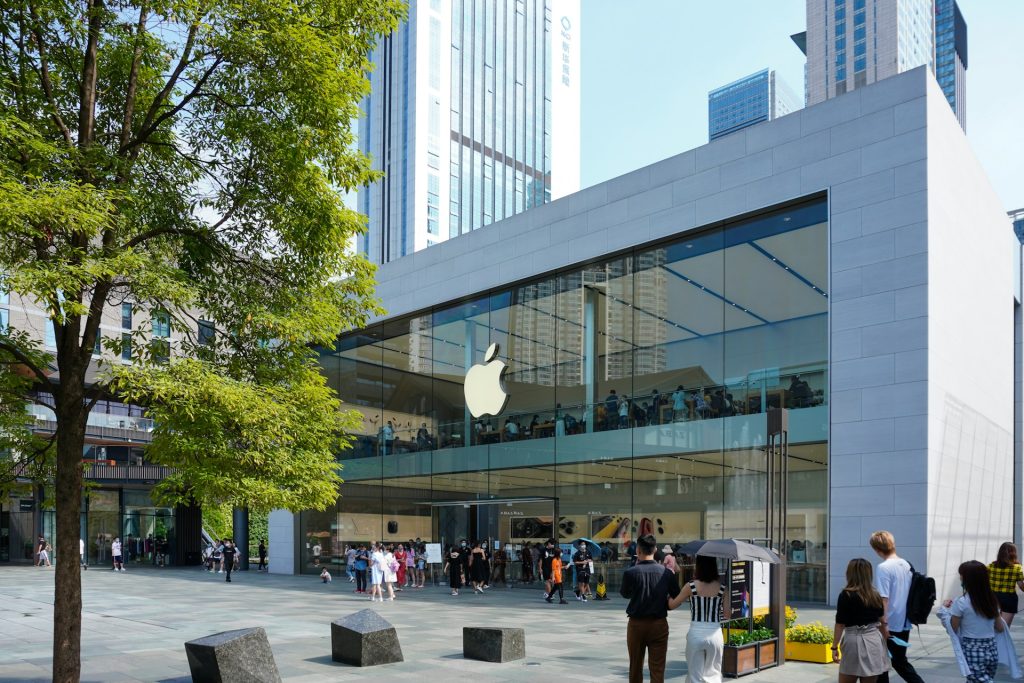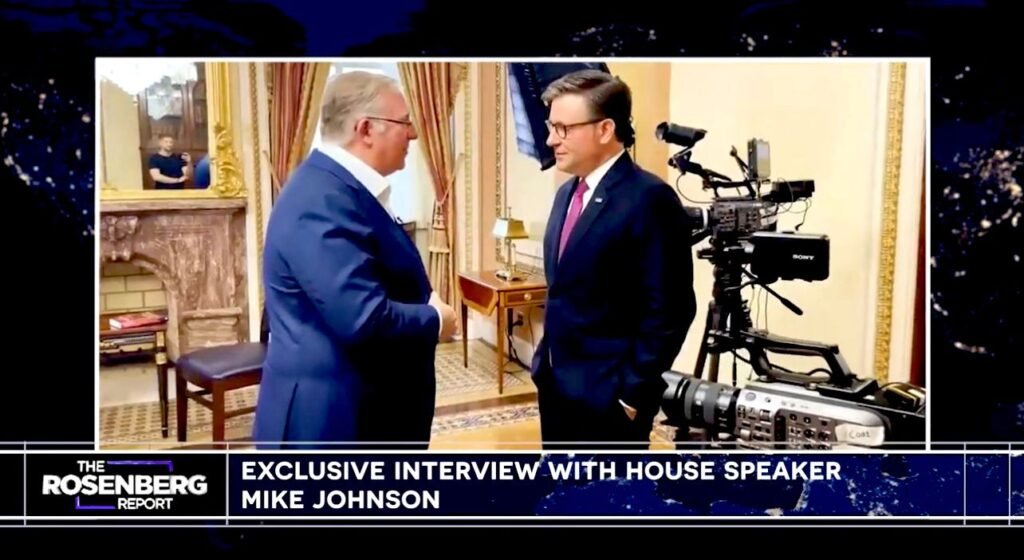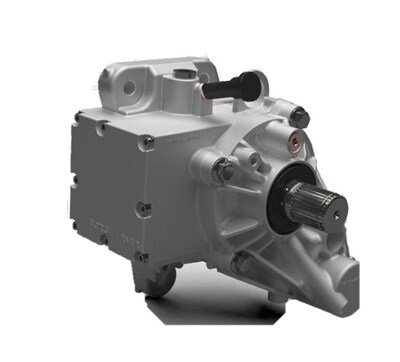
When Patrick McGee decided to write Apple in China, he wanted to focus on the company’s weaknesses rather than its strengths. Reviewing the evidence, he soon realised that it all pointed to Apple’s China strategy. McGee has worked for The Wall Street Journal and, since 2013, for The Financial Times, including four years as the paper’s principal Apple reporter.
McGee’s story starts in the late 1990s, when the California-based Apple was on the verge of bankruptcy and decided to outsource its manufacturing. The company’s new strategy anchored production in China, to make use of the country’s abundant low-cost labour. With the Chinese economy in high gear, the strategy was enormously successful and by the early 2000s the booming sales of Apple’s China-made products had transformed the company’s fortunes and turned it into a global market leader.
Inevitably, Apple’s huge investments also built China’s tech capacity more broadly. Not only did Apple train large numbers of workers, technicians and managers, but its reliance on outsourcing led to the emergence of vast clusters of suppliers. Developing Apple’s supply chains was the responsibility of chief operating officer Tim Cook, who was so successful at his job that in 2011 he took over as chief executive officer.
The numbers that McGee cites are staggering. According to his estimates, since 2015 Apple has invested $55 billion a year in developing China’s technological capacity, mainly for machinery and training. In the past two decades, it has trained 28 million Chinese workers, equivalent to almost the entire work force of South Korea. And it currently supports about five million jobs in China.
McGee searched in vain for companies that could compare. To put Apple’s investments in perspective, he turned to the Biden administration’s 2022 CHIPS and Science Act, a flagship policy intended to boost US semiconductor manufacturing and keep Chinese competition at bay. However, the act’s public funding of $53 billion spread over four years is only a quarter annually of Apple’s investments in China. According to McGee’s calculations, even annual expenditure under the Marshall Plan, which financed the reconstruction of Europe after World War II, was equivalent to only half of what Apple is investing in China every year.
The real problem, however, lies much deeper. China’s technological capacity and industrial clusters are now so advanced that they can serve any tech company. As a result, Apple’s investments have enabled the rise of its major Chinese competitors—Huawei, Xiaomi, Vivo and Oppo—which are now vying neck-and-neck with Apple for technological supremacy. As McGee sees it, Apple ‘sleepwalked into this crisis’.
At least as significantly, Apple’s huge investments have facilitated the expansion of China’s tech sector into new areas including electric vehicles, drones and other advanced dual-use and military technology. In addition to China’s myriad EV manufacturers, even the telecoms companies Xiaomi and Huawei have diversified into EV manufacturing.
While writing Apple in China, McGee interviewed over 200 former Apple executives and engineers. He personalises his narrative with stories about key players including Terry Gou, the cost-cutting chief executive of Foxconn, who turned his company into the largest contract manufacturer of electronics on the planet, ex-missionary John Ford, who managed the chaotic opening of Apple’s retail business in China, and Cook himself, who masterminded the establishment of Apple’s vertical supply chains.
McGee also peppers his account with little-known anecdotes. In 2008, Apple bought a small sewing-machine repair shop in Beijing simply to obtain its retail business license. Few could have guessed that the tiny shop-house business would become the largest foreign retail company in China.
As if fending off Chinese competition was not enough of a challenge, Apple is now caught in the middle of the trade war between the United States and China. US President Donald Trump has made it clear that he doesn’t want Apple’s manufacturing for the US market to take place outside the US. In McGee’s view, Trump poses a bigger threat to Apple than the Chinese government.
McGee firmly debunks the notion that reshoring Apple’s manufacturing from China to the US might be feasible. His long list of reasons includes the US’s low population density and limited labour-force mobility, its shortage of technical skills, uncompetitive wages and lack of nimble suppliers. Combined, these make moving shop impossible.
McGee’s riveting account is both enlightening and cautionary. Apple has painted itself into a corner. Reshoring to the US is commercially unviable, while shifting production to India and elsewhere offers limited potential, particularly given the know-how and economies of scale that China can offer.
What about the future? McGee sees the status quo as the most viable option. Apple has little choice but to continue to build up China’s massive tech capacity, which the Chinese government can now weaponise to pursue its own national security goals. As one tech analyst puts it, ‘what keeps Tim Cook up at night is China. The China thing is existential’.







